10 Adorable Pets That Are Off-Limits in Some States
Bringing a new pet home isn’t always as simple as choosing the cutest one at the store. From exotic mammals to colorful birds and even some reptiles, state and city governments often restrict ownership for public safety, environmental protection, or disease control. Here’s a look at surprisingly adorable animals you may not legally be allowed to keep, depending on where you live.
Sugar Gliders
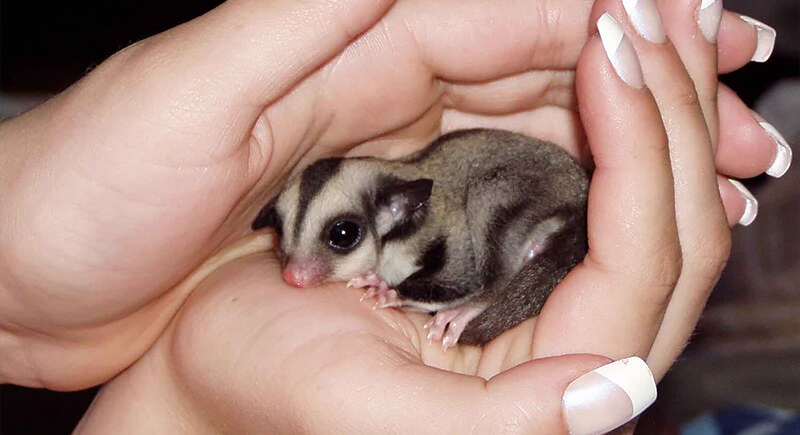
Credit: Reddit
The ownership of these miniature marsupials is not permitted in California, Alaska, and Hawaii. Despite their popularity as pocket-sized companions, sugar gliders require ample space and companionship from their kind to thrive. Officials worry about ecological disruption in many areas in case they escape into local habitats.
Red-Eared Slider Turtles
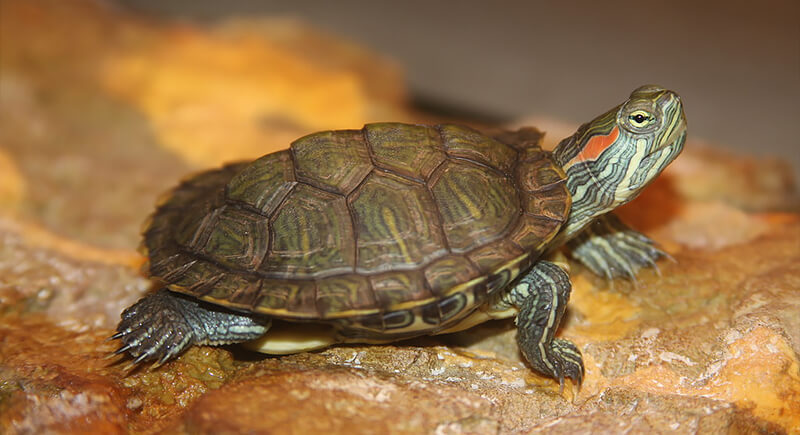
Credit: flickr
Florida and Oregon do not authorize private ownership of these pets. Their tendency to outcompete native species has placed them on invasive species watch lists, and federal rules restrict the sale of individuals with shells under four inches due to salmonella risk.
Bengal Cats
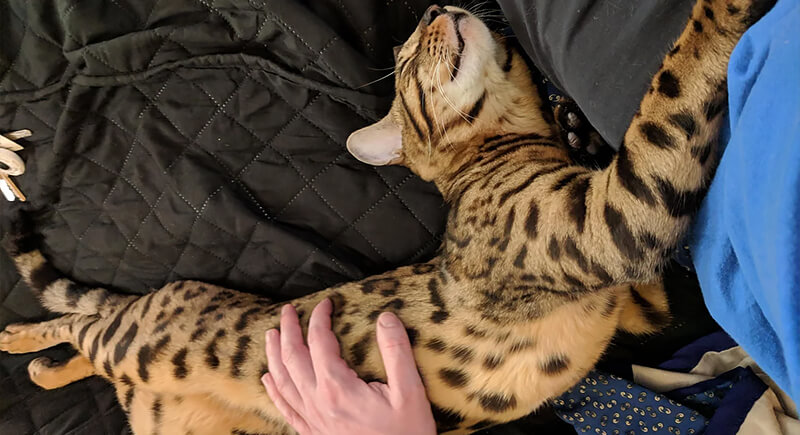
Credit: Reddit
These striking hybrids—domestic and wild Asian leopard cat—aren’t legal everywhere. Places like Hawaii, Connecticut, and New York City restrict ownership unless the cat is several generations removed from its wild ancestor. Even then, some jurisdictions impose outright bans due to behavioral unpredictability.
Hedgehogs
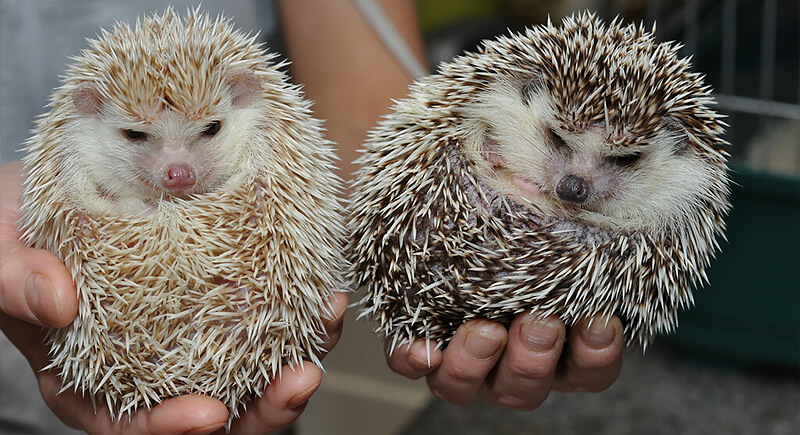
Credit: flickr
Despite their popularity, hedgehogs are outlawed as pets in several states and cities, including California, Georgia, and New York City. Authorities cite risks such as their potential to carry diseases like ringworm and salmonella, and their ability to disrupt local ecosystems if released.
Gerbils
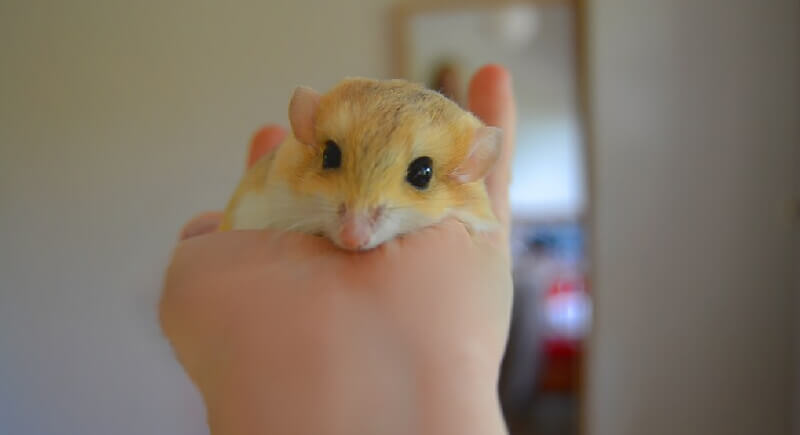
Credit: flickr
This small rodent may seem harmless, but it’s not welcome in California or Hawaii. These states have climates similar to the gerbil’s native habitat. Once introduced to the environment freely, they could form wild colonies and harm native plant and animal life.
Ferrets
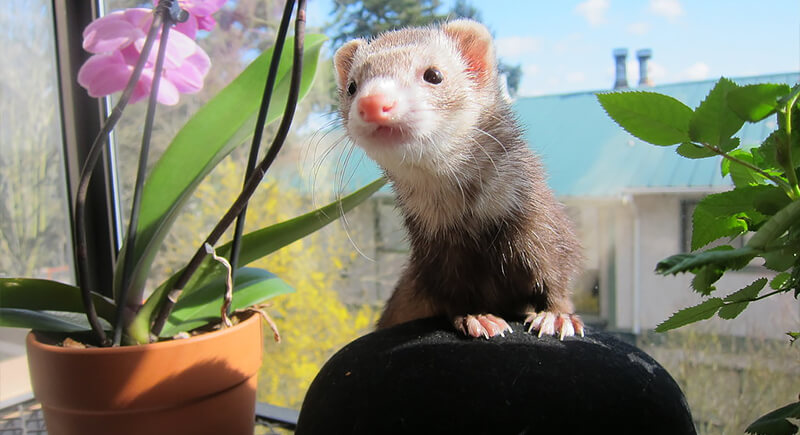
Credit: flickr
Ferrets are affectionate and playful, but remain unsuitable as pets in California and Hawaii. Regulators in both states flag the threat of feral populations establishing themselves and concerns about rabies transmission. Even in some cities where they’re legal, they may require special permits.
Monk Parakeets
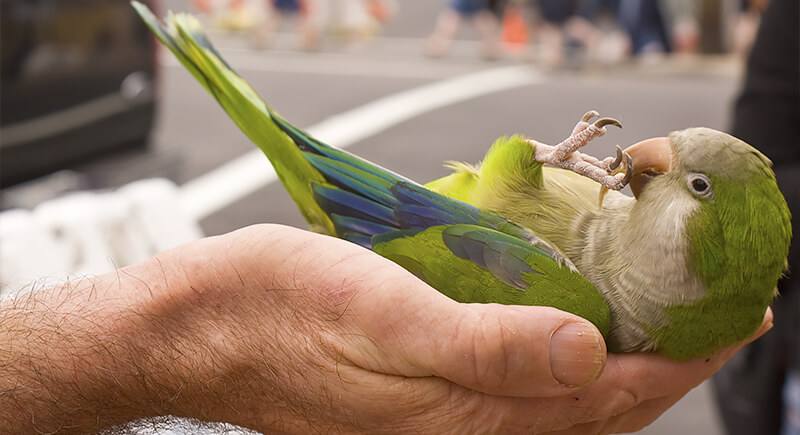
Credit: flickr
Also known as Quaker parrots, these birds are banned in states like California and Georgia. Their ability to construct large, damaging communal nests—often on power lines—has labeled them agricultural pests in certain regions, where their presence could threaten crops and infrastructure.
African Clawed Frogs
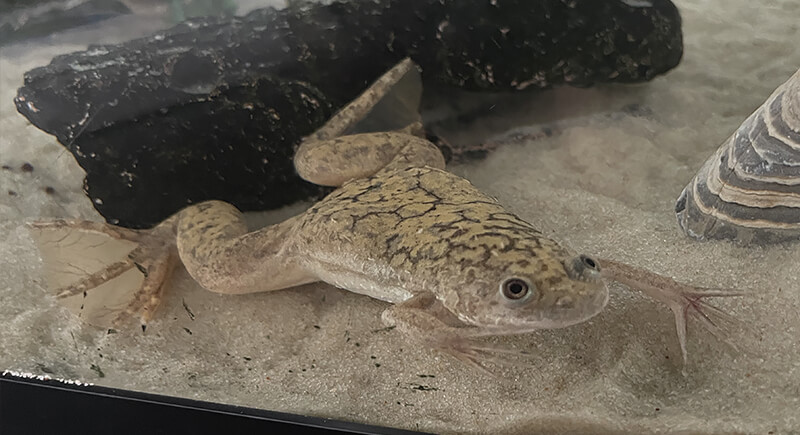
Credit: Reddit
These aquatic frogs are kept off pet lists in over ten states, including Oregon and New Jersey. They carry a fungus that has contributed to severe declines in other amphibian species. Their aggressive appetite and rapid reproduction also pose serious ecological threats when released into natural waterways.
Raccoons

Credit: Reddit
Raccoons are outlawed as pets in many states. The list includes Kentucky, New York, and Arizona. Their intelligence is often a liability: they’re known for escaping enclosures and displaying unpredictable, sometimes aggressive behavior, primarily when not raised in large, secure outdoor habitats.
Wolves and Wolf Hybrids
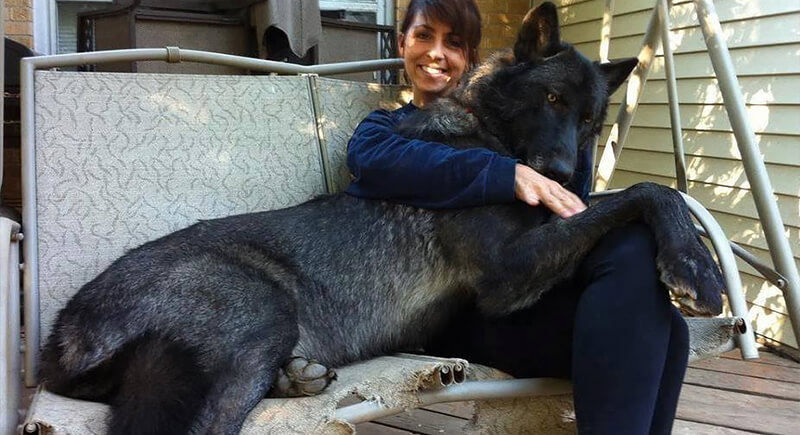
Credit: Facebook
Pure wolves are banned nationwide, and wolf-dog hybrids are outlawed or heavily restricted in Alaska, Connecticut, Georgia, Hawaii, Illinois, Massachusetts, and Washington D.C. A few states—like Michigan and Oregon—allow ownership under tight licensing laws, but many insurance policies won’t cover them due to liability.
Alligators
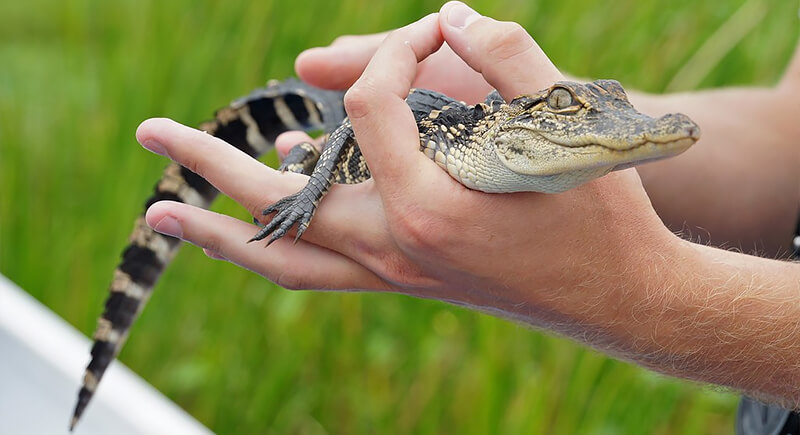
Credit: flickr
Only a few states, such as South Carolina, Michigan, and Florida, permit private alligator ownership with a license. It’s not allowed everywhere else, including California, New York, Illinois, and Washington. Even in legal states, adult gators are hard to manage, often growing over 10 feet long and requiring expert handling.
Asian Arowana
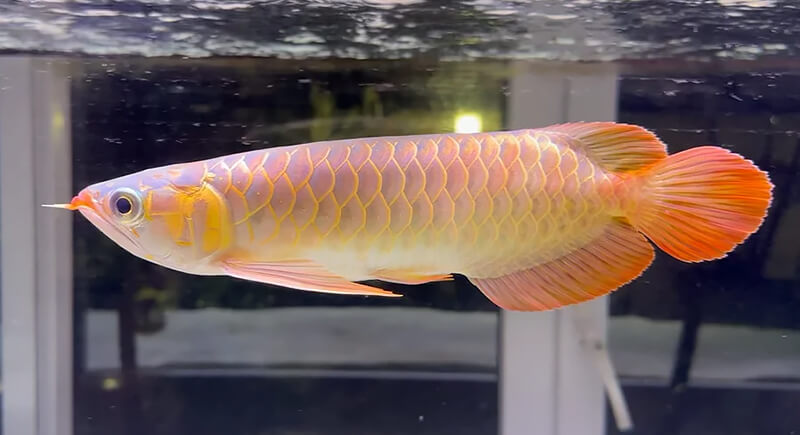
Credit: Reddit
Ownership of Asian arowana, a critically endangered fish, is banned throughout the entire United States under international wildlife trade laws. This includes all 50 states. Despite their revered status in parts of Asia, they are federally protected in the U.S. and cannot be sold, imported, or bred legally.
Monkeys

Credit: flickr
Primates are fully banned as pets in Oregon, Washington, Utah, Colorado, New Mexico, Minnesota, Illinois, Kentucky, Virginia, West Virginia, Louisiana, Connecticut, Massachusetts, Vermont, New Hampshire, and Maine, along with Washington D.C. Some states, like Texas and Florida, allow certain species with permits.
Pigs

Credit: Facebook
Many city ordinances—like those in New York City, Denver, and San Francisco—prohibit mini pigs because they’re classified as livestock. Even where legal, such as in Texas or Florida, owners are often surprised when these so-called “teacup pigs” grow to 100+ pounds and require outdoor living space.
Bearded Dragons
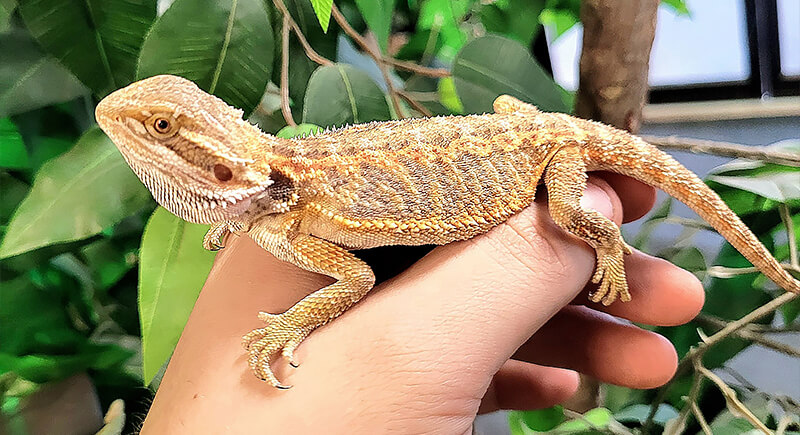
Credit: Facebook
While commonly sold as pets across the mainland U.S., Hawaii bans bearded dragons outright. The issue is ecological: If allowed to roam freely, they could become invasive in the island’s sensitive ecosystem. In some other states, sellers need wildlife permits to breed or transport them legally.